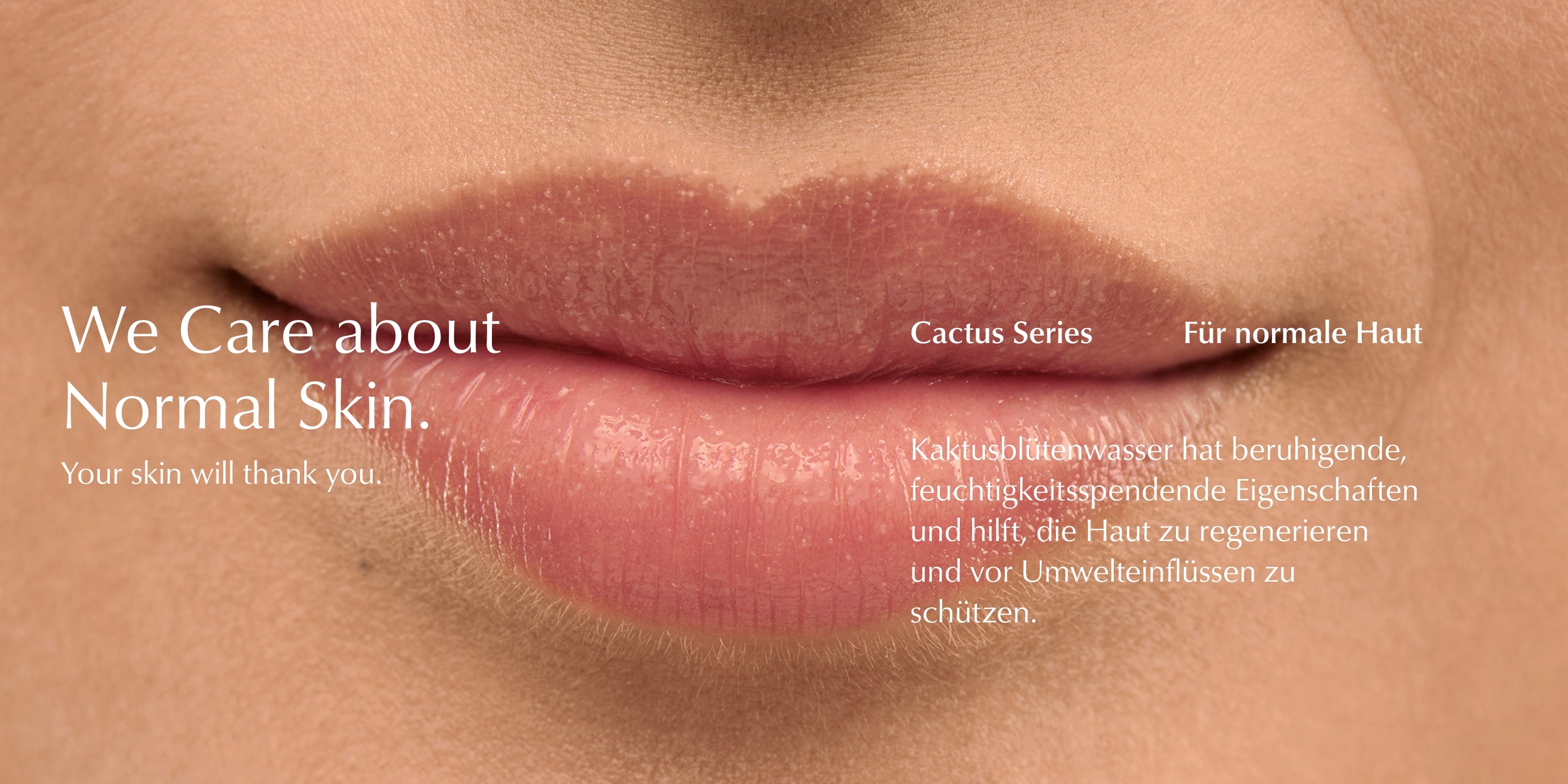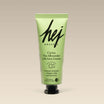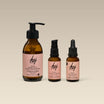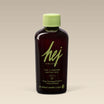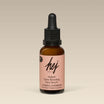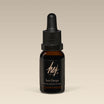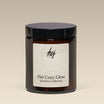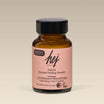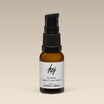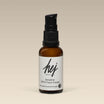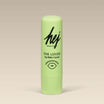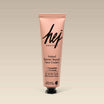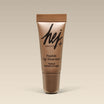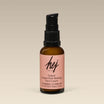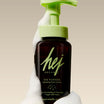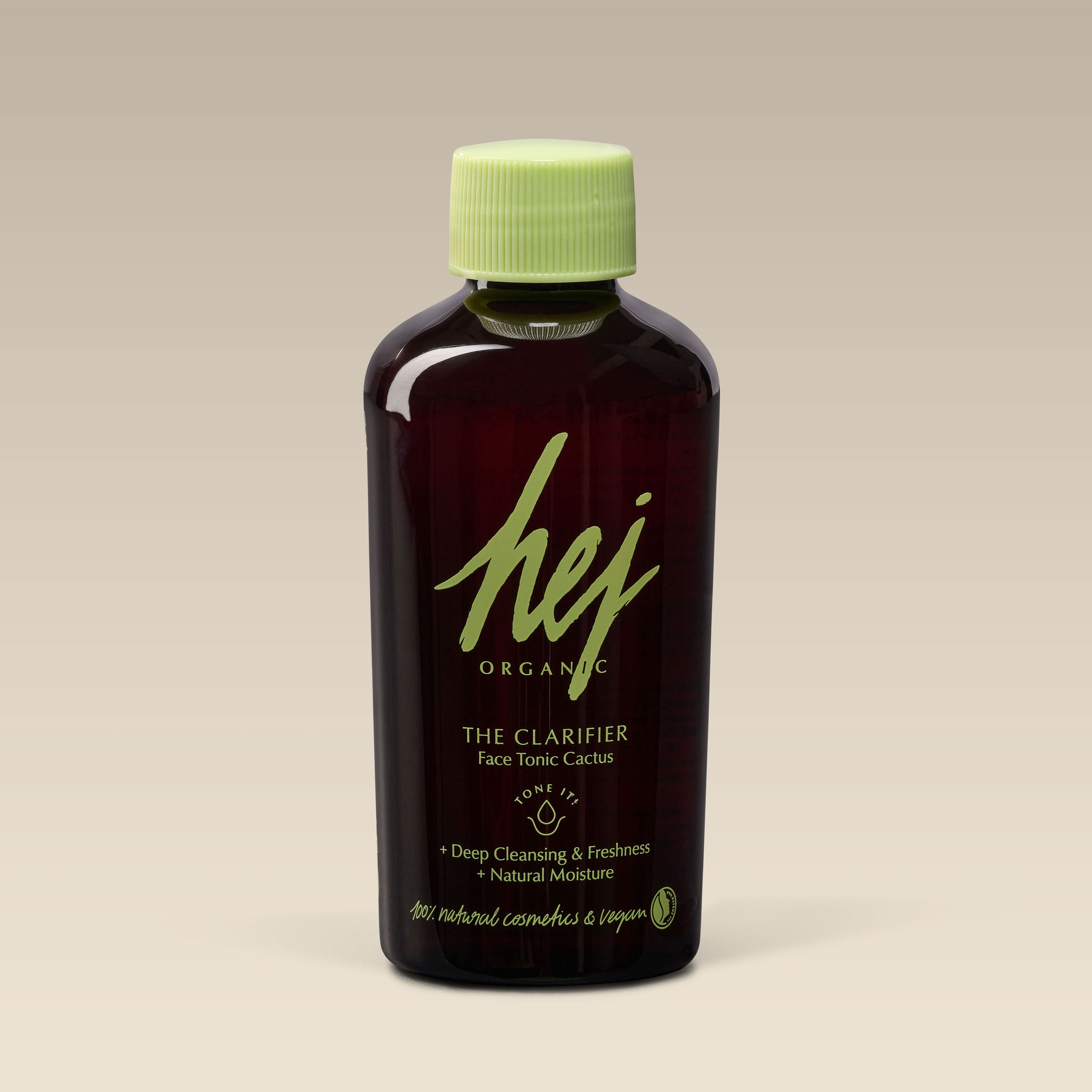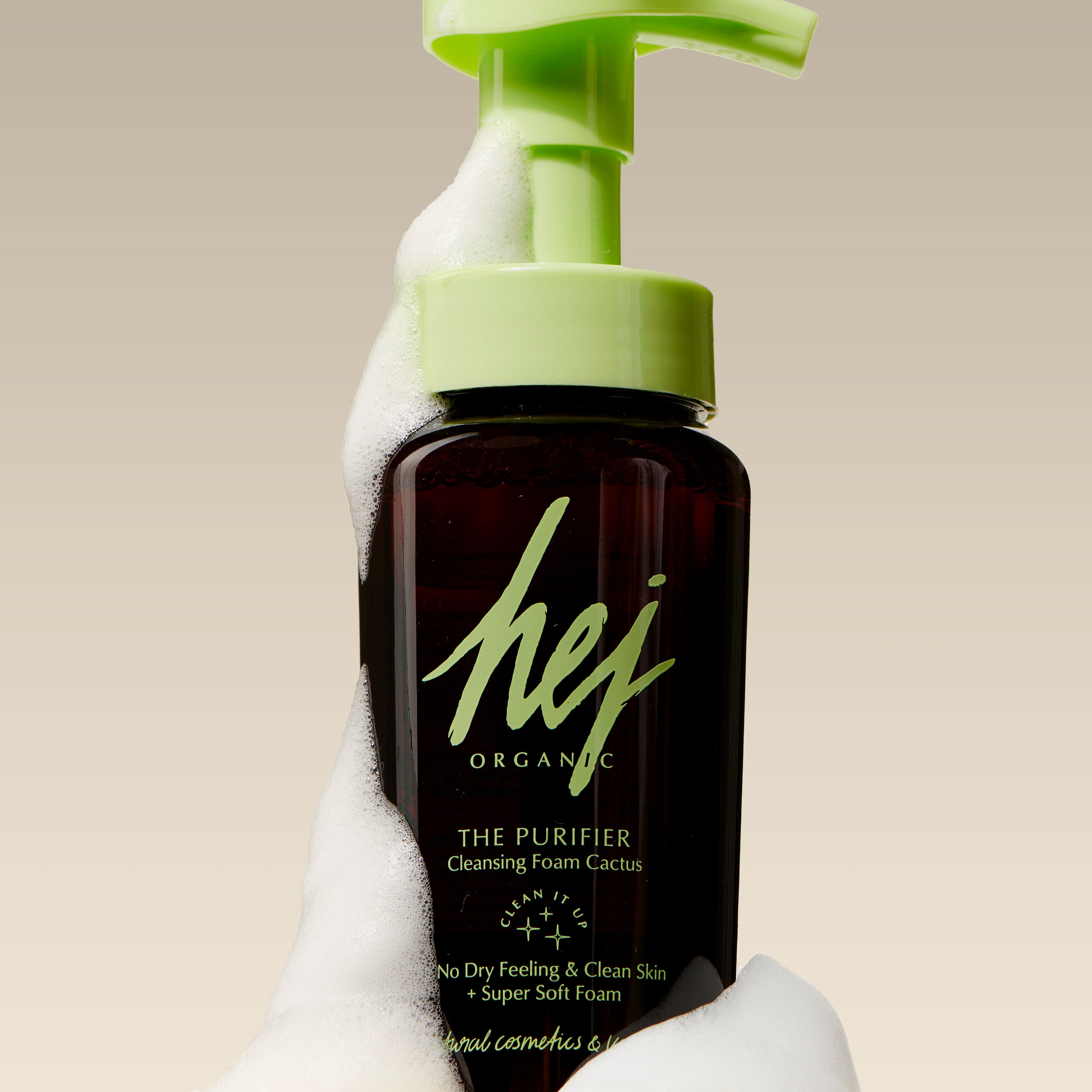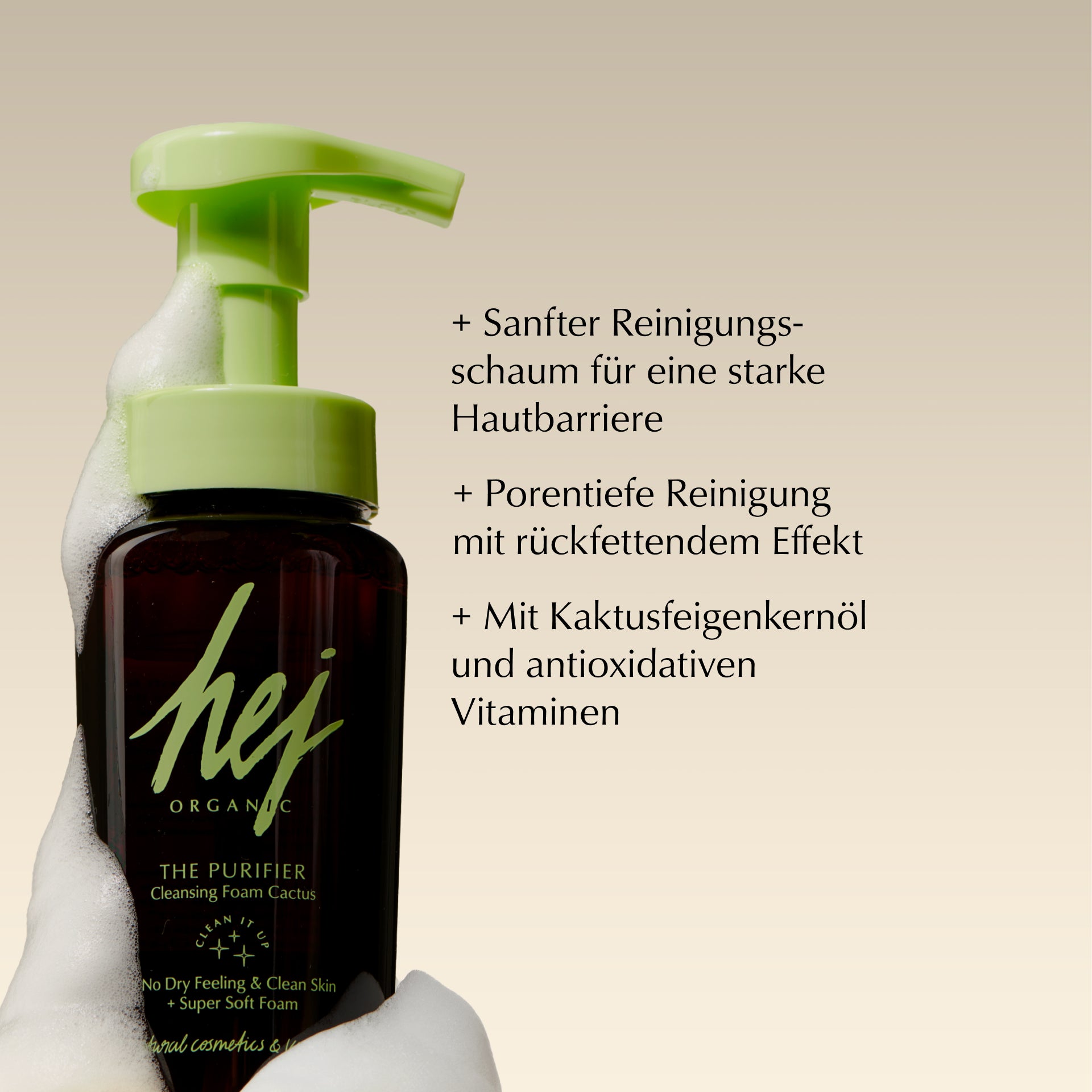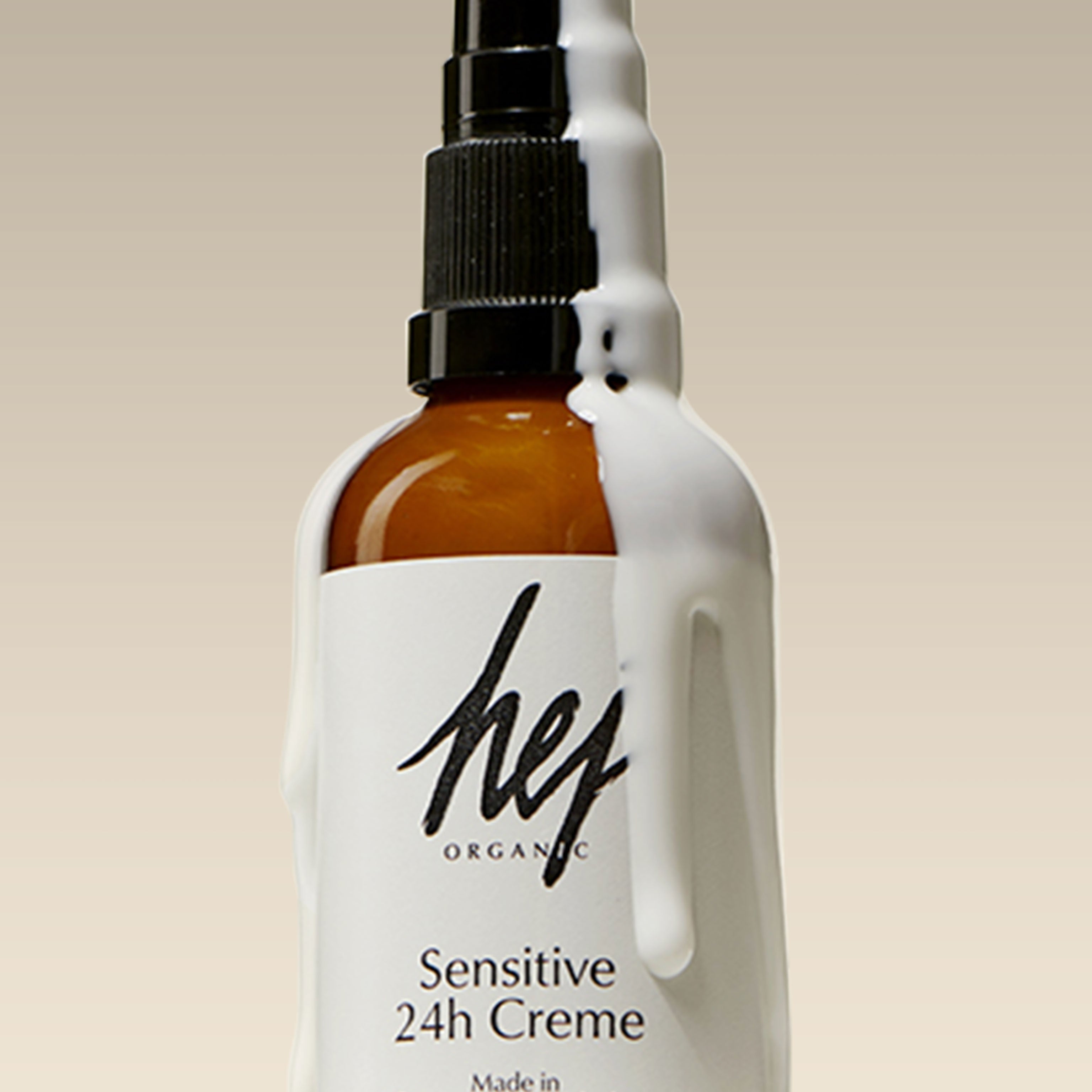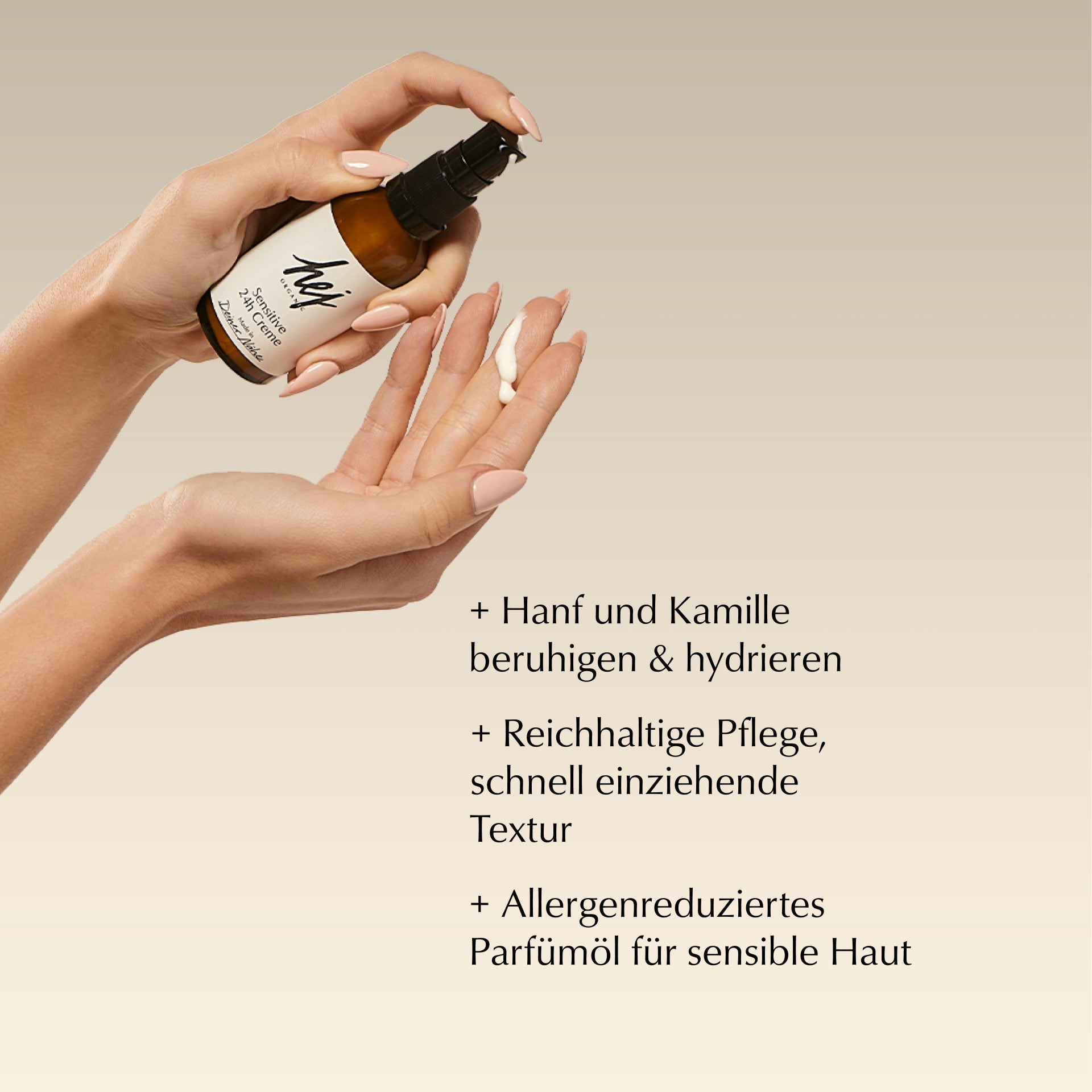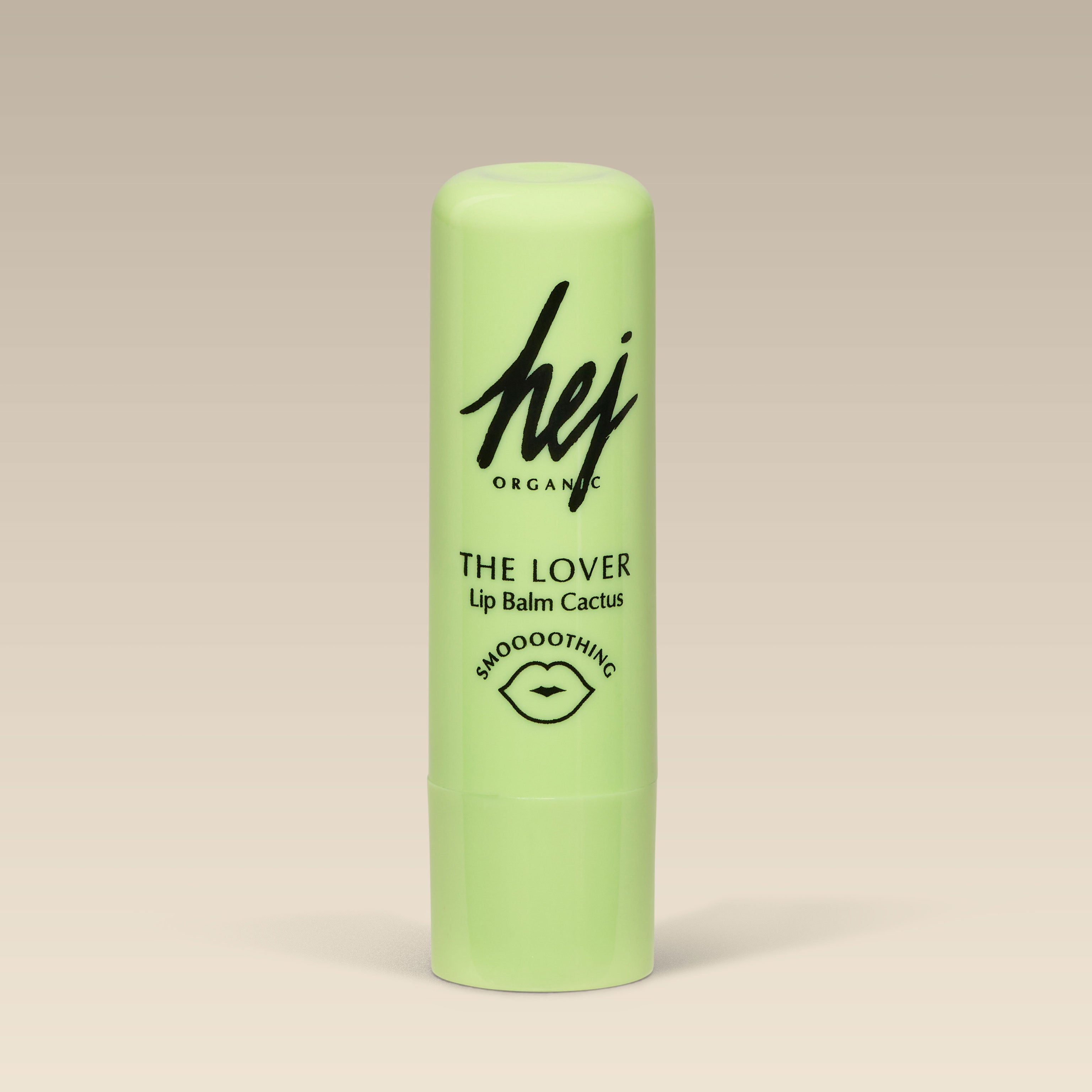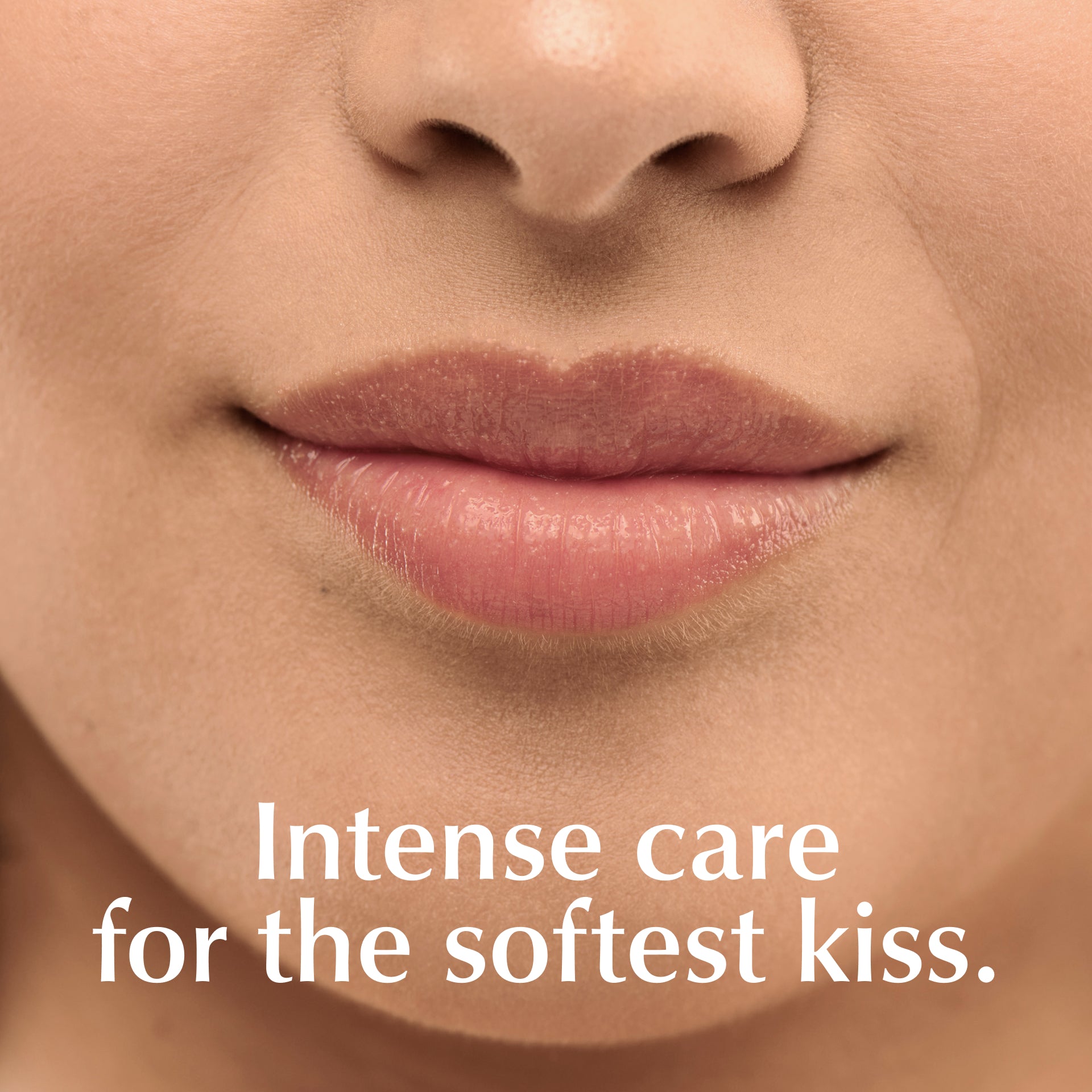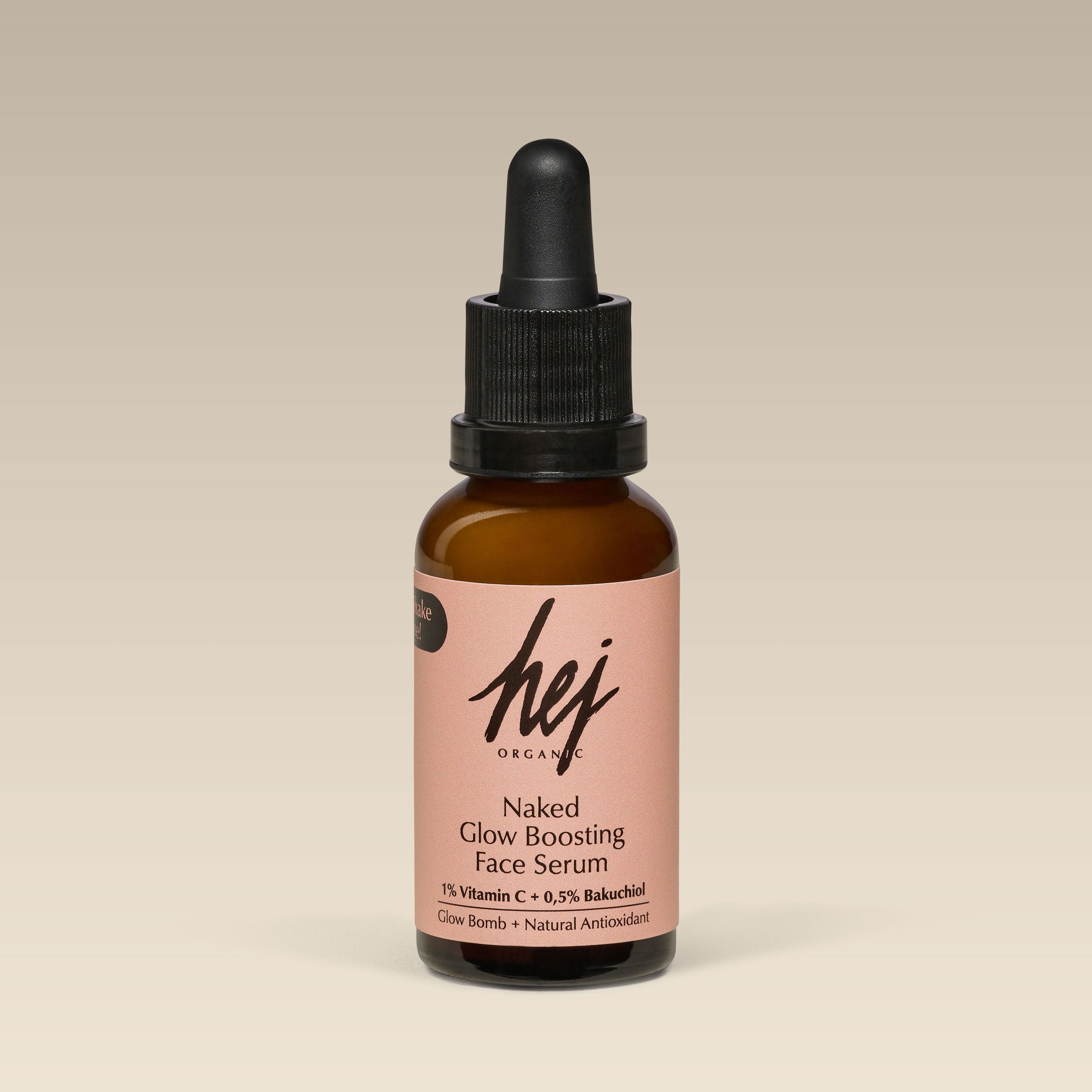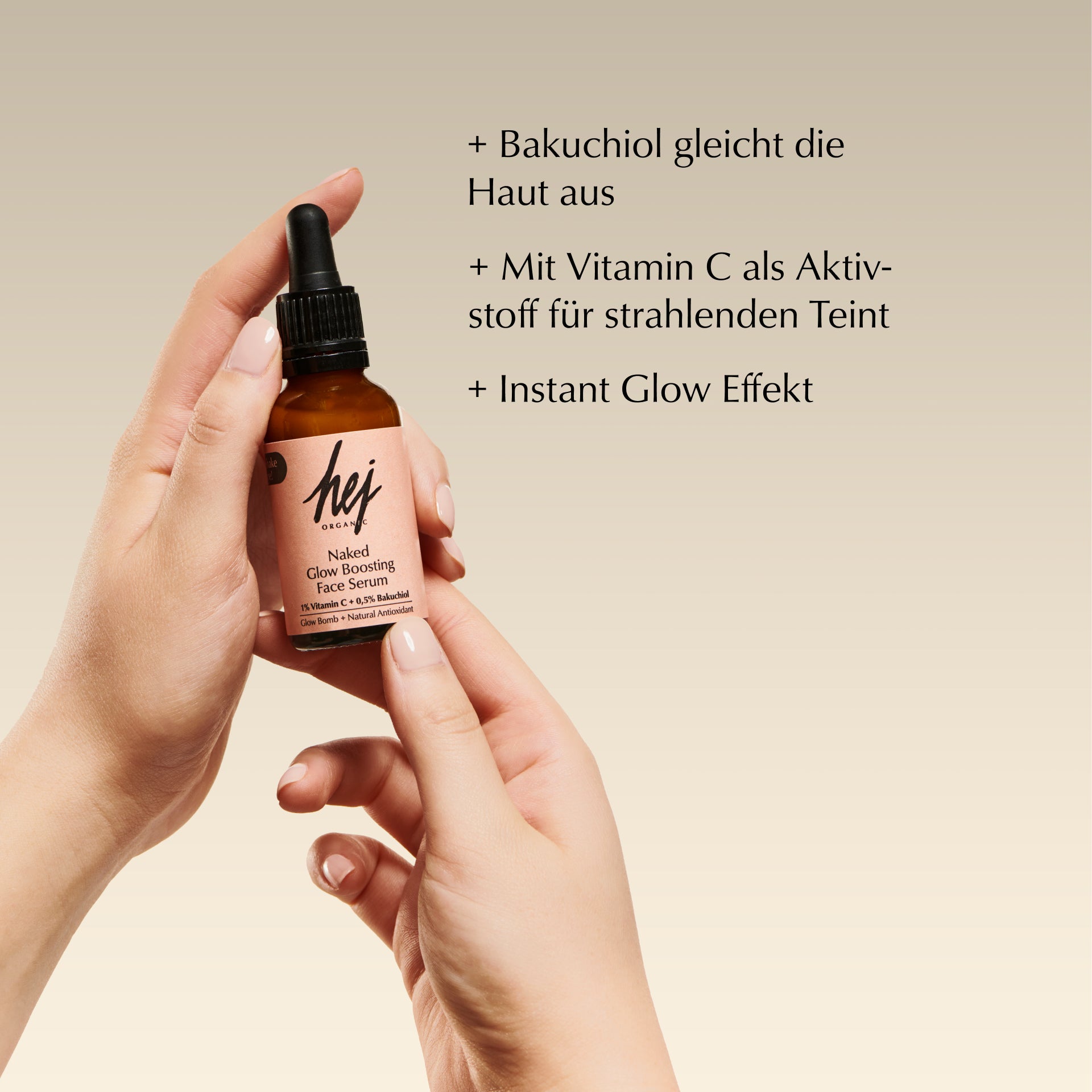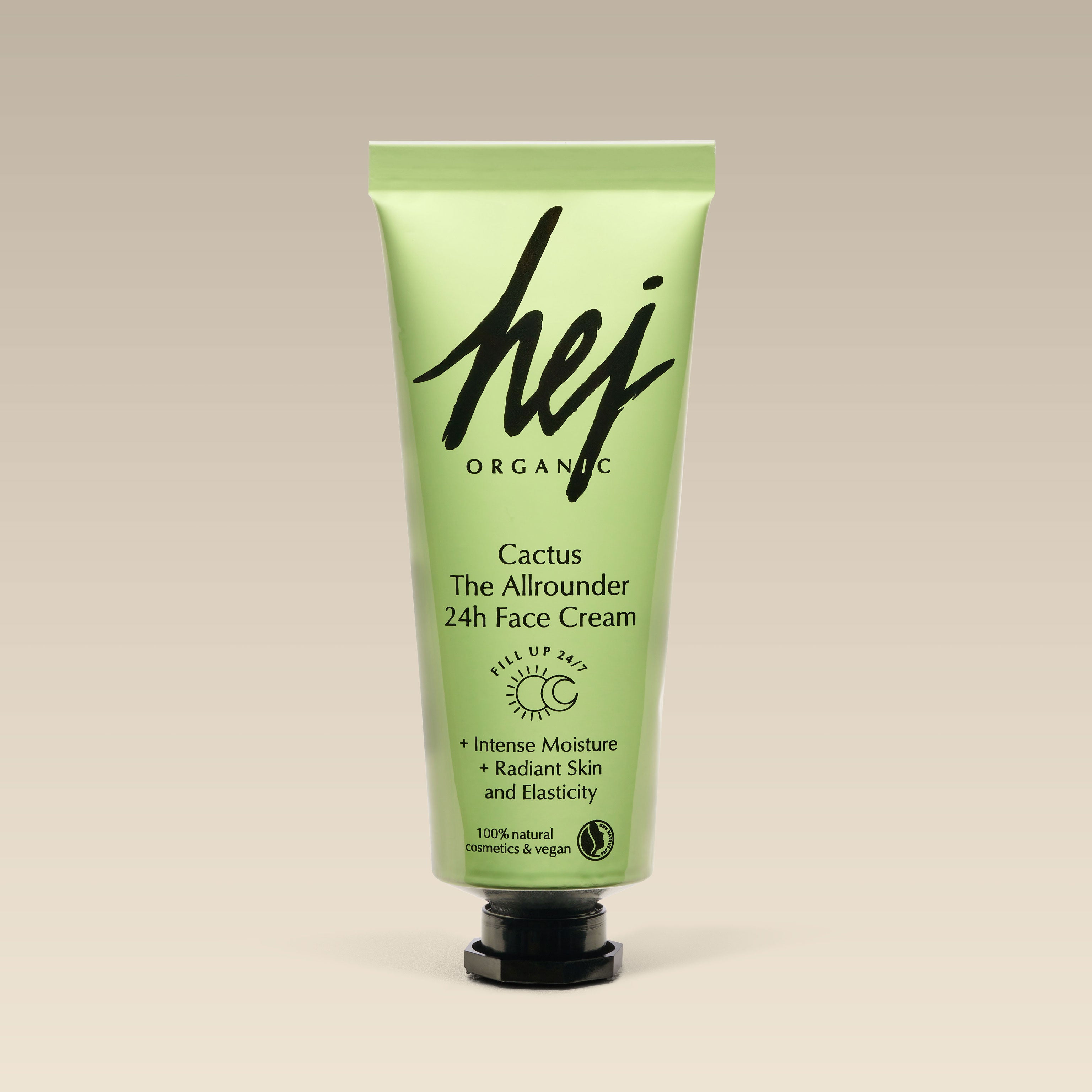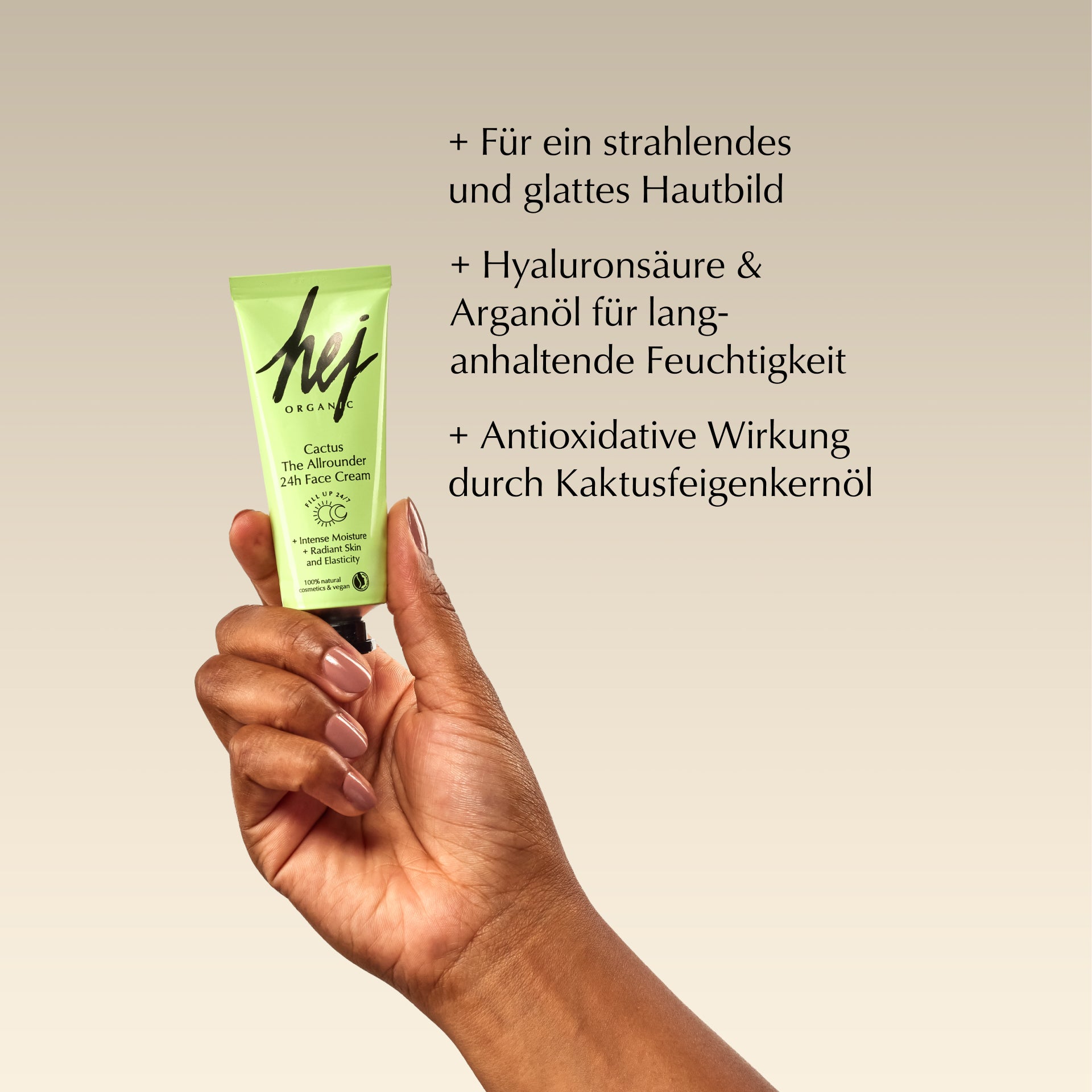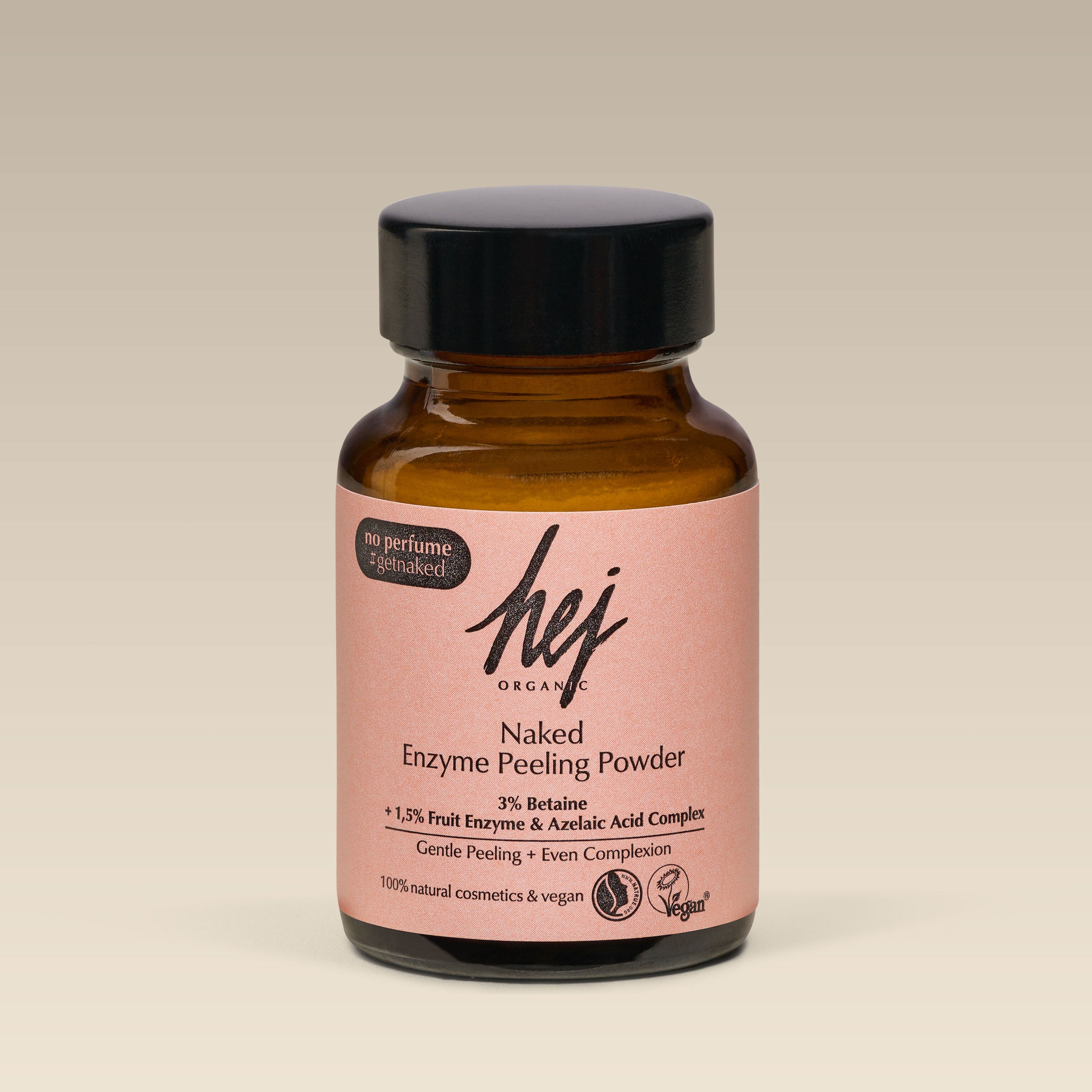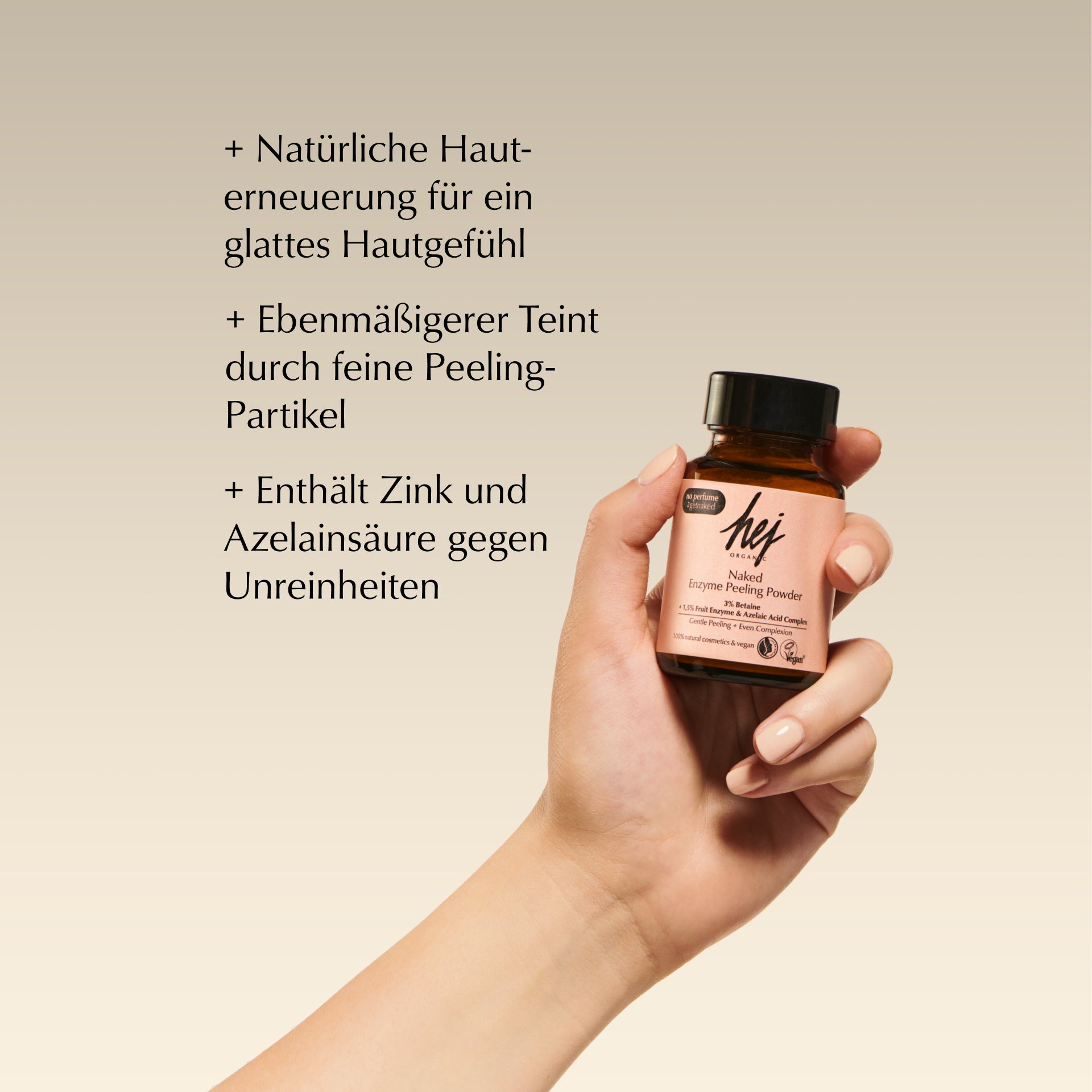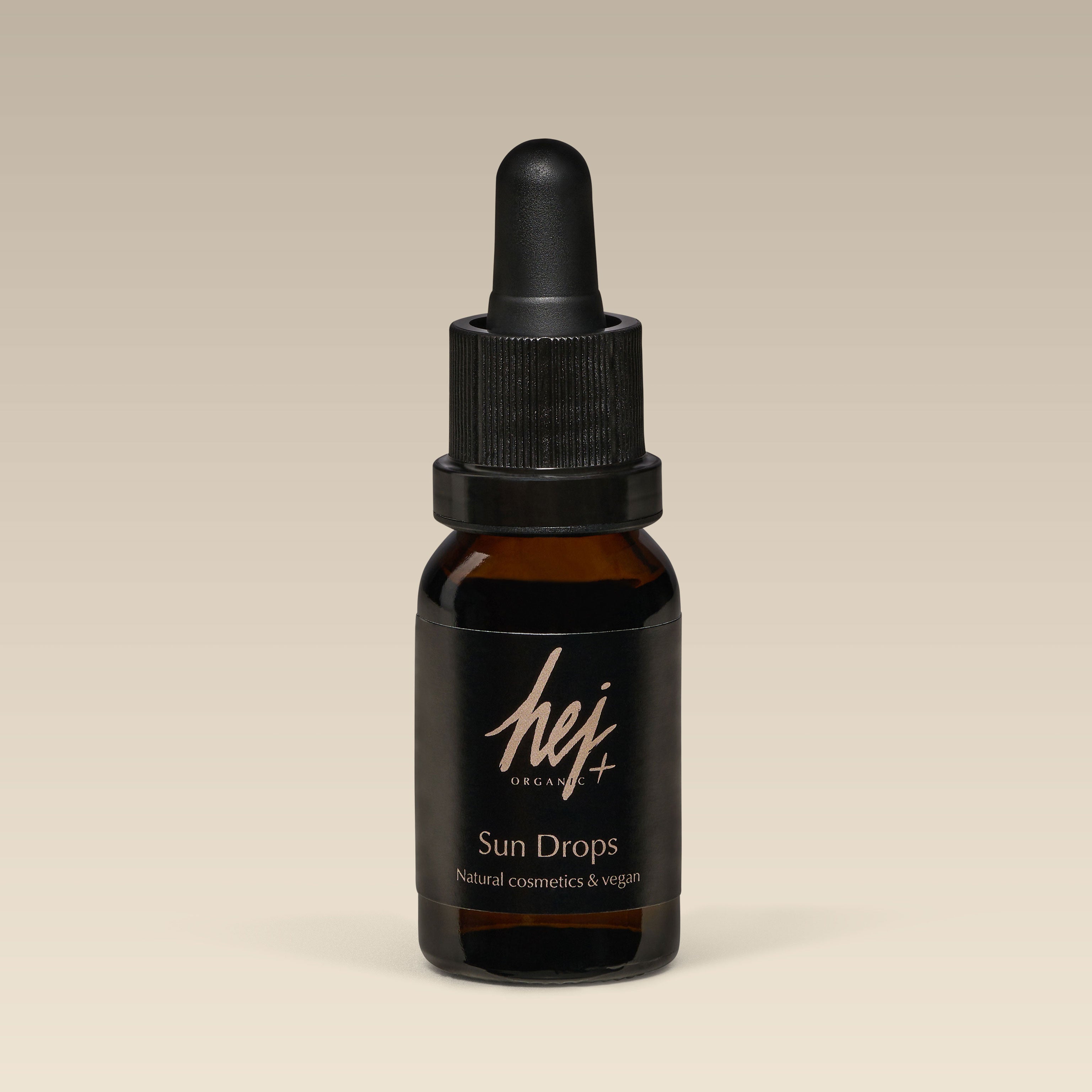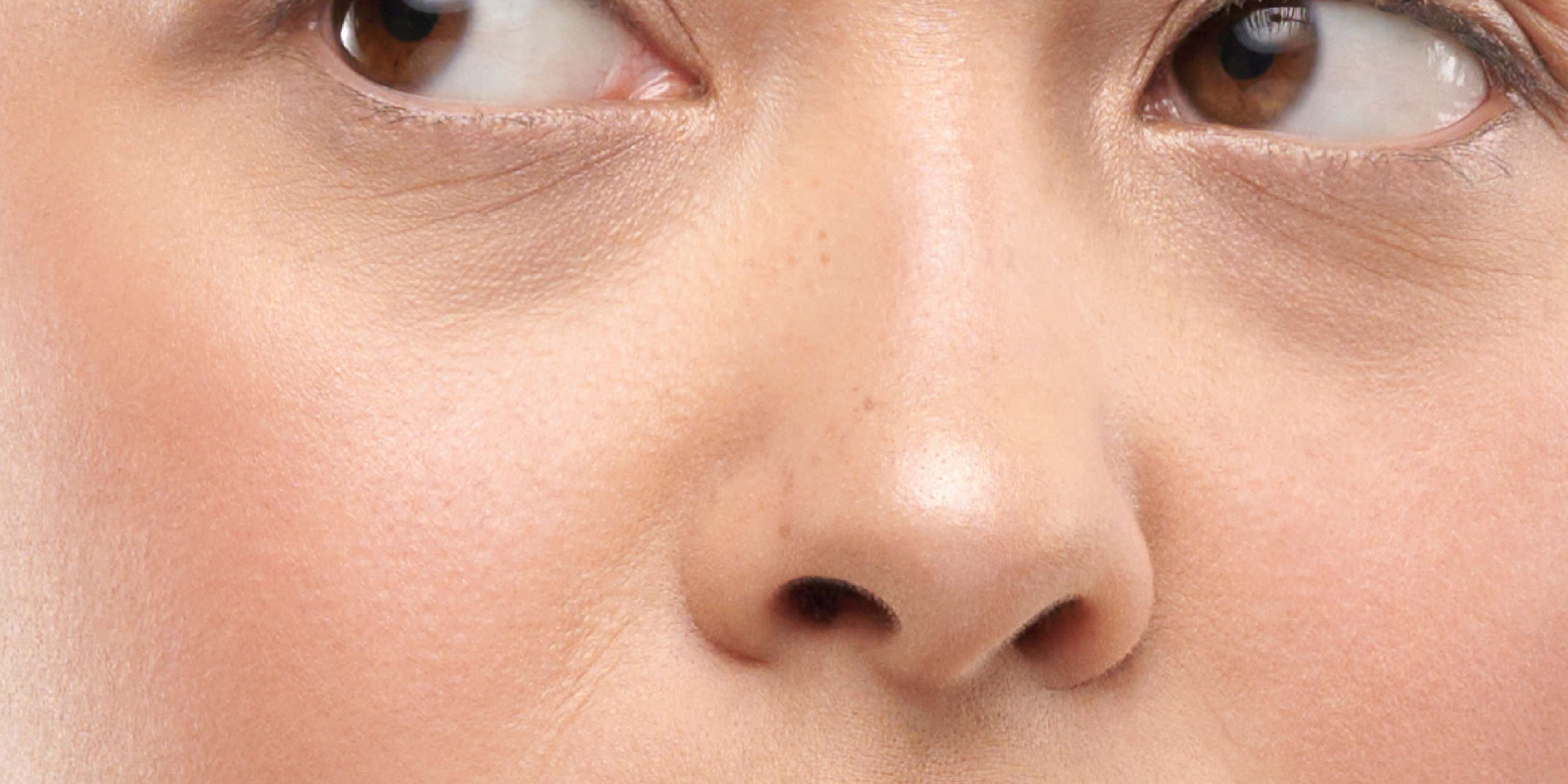
skin diagnosis
What is meant by normal skin?
Understanding Skin Condition
Normal skin is skin that is neither too dry nor too oily and is generally well balanced. It has a healthy, even structure and does not show any noticeable problems such as blemishes, excessive dryness or redness.
The right care for normal skin
cleaning
Cleansing in the morning and evening is important to remove dirt, excess sebum and dead skin cells. This allows the skin to breathe better and prevents impurities. It is advisable to choose a gentle, pH-neutral cleanser that does not dry out the skin. Avoid products with aggressive ingredients such as alcohol or sulfate-containing surfactants, as these can damage the skin barrier. Cleansing gels, creams or oils that contain moisturizing ingredients such as glycerin or aloe vera are particularly suitable.
toner
Toning is optional, but can help soothe the skin, balance the pH, and prepare it for subsequent care. If you choose to use a toner, make sure to choose a gentle, alcohol-free toner that won't dry out the skin. Toners with soothing ingredients like chamomile, rosemary, or aloe vera are particularly good for normal skin, as they have a refreshing effect and balance the skin's condition.
peeling
A gentle peeling removes dead skin cells, refines the skin structure and cleanses the pores. It promotes cell renewal and ensures a fresh complexion. Avoid aggressive peelings; chemical peelings with AHA or BHA or mild enzyme peelings are more suitable. Peelings with glycolic acid (AHA) or salicylic acid (BHA) gently exfoliate the skin.
moisturizer
Normal skin also needs moisture to maintain its balance and stay soft. A light, non-greasy moisturizer is ideal. It should retain moisture without overloading the skin. Creams with hyaluronic acid, glycerin or squalane are particularly suitable.
sun protection
UV radiation causes skin aging and long-term damage, even to normal skin. Use sunscreen with at least SPF 30 to protect against UVA and UVB rays and prevent skin aging and skin cancer. A light, non-shiny sunscreen is ideal. Mineral sunscreens (containing zinc oxide or titanium dioxide) are gentle, but chemical filters are also not a problem if well formulated.
Cleansing in the morning and evening is important to remove dirt, excess sebum and dead skin cells. This allows the skin to breathe better and prevents impurities. It is advisable to choose a gentle, pH-neutral cleanser that does not dry out the skin. Avoid products with aggressive ingredients such as alcohol or sulfate-containing surfactants, as these can damage the skin barrier. Cleansing gels, creams or oils that contain moisturizing ingredients such as glycerin or aloe vera are particularly suitable.
Toning is optional, but can help soothe the skin, balance the pH, and prepare it for subsequent care. If you choose to use a toner, make sure to choose a gentle, alcohol-free toner that won't dry out the skin. Toners with soothing ingredients like chamomile, rosemary, or aloe vera are particularly good for normal skin, as they have a refreshing effect and balance the skin's condition.
A gentle peeling removes dead skin cells, refines the skin structure and cleanses the pores. It promotes cell renewal and ensures a fresh complexion. Avoid aggressive peelings; chemical peelings with AHA or BHA or mild enzyme peelings are more suitable. Peelings with glycolic acid (AHA) or salicylic acid (BHA) gently exfoliate the skin.
Normal skin also needs moisture to maintain its balance and stay soft. A light, non-greasy moisturizer is ideal. It should retain moisture without overloading the skin. Creams with hyaluronic acid, glycerin or squalane are particularly suitable.
UV radiation causes skin aging and long-term damage, even to normal skin. Use sunscreen with at least SPF 30 to protect against UVA and UVB rays and prevent skin aging and skin cancer. A light, non-shiny sunscreen is ideal. Mineral sunscreens (containing zinc oxide or titanium dioxide) are gentle, but chemical filters are also not a problem if well formulated.
Supporting the skin in everyday life
nutrition and hydration: A balanced diet supports the immune system and the skin. Antioxidant-rich foods (e.g. berries, green vegetables, nuts) fight oxidative stress that causes skin aging. Make sure you eat healthy fats (omega-3), vitamins (C, E) and minerals, and drink enough water (at least 2 liters daily) to keep your skin well hydrated.
Hygiene tips:Change your pillowcases regularly, as they accumulate bacteria and sebum. Avoid touching your face with unwashed hands to avoid transferring bacteria. Keep towels and washcloths clean to avoid skin irritation. Also clean your cell phone regularly, as it accumulates a lot of bacteria. And most importantly, remove your makeup thoroughly every night to avoid clogged pores and skin problems.
Stress management:Regular exercise promotes circulation and supplies the skin with nutrients. 30 minutes on most days is enough. Meditation and mindfulness reduce stress and cortisol; just 5-10 minutes a day helps. Sufficient sleep (7-9 hours) supports skin regeneration. Facial massages and neck massages promote blood circulation. Schedule 30 minutes to an hour a day without digital devices to reduce stress. Breathing exercises such as the "4-7-8" method soothe the skin and reduce stress.
Causes of Normal Skin
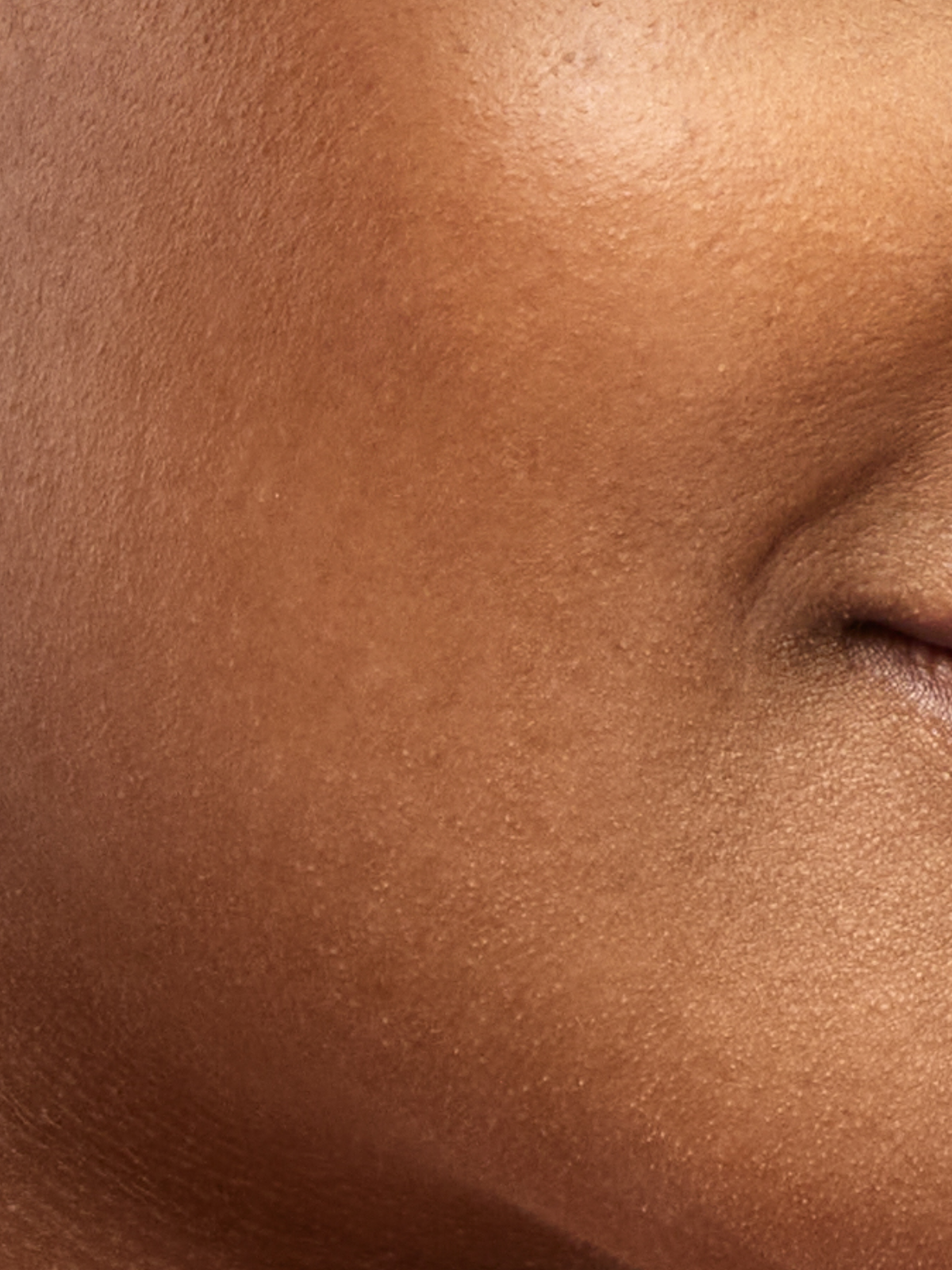
Internal influencing factors:
The hormone balance affects skin health. In phases such as puberty or pregnancy sebum production can change. A stable hormone level ensures balanced moisture and oil production. Too high testosterone levels can cause oily skin, while low levels can lead to dry skin.
genetics: Skin type is determined by heredity. People with normal skin often have a balanced sebum production and a strong skin barrier. If your parents had normal skin, there is a high probability that you will have normal skin too.
Healthy sebum production: Normal skin produces a balanced amount of sebum that moisturizes without appearing greasy. This production remains constant and protects against dryness and impurities.
Old: In youth, skin is often at its most balanced because the skin barrier is well developed. With age, normal skin can become drier, especially due to hormonal changes and lifestyle.
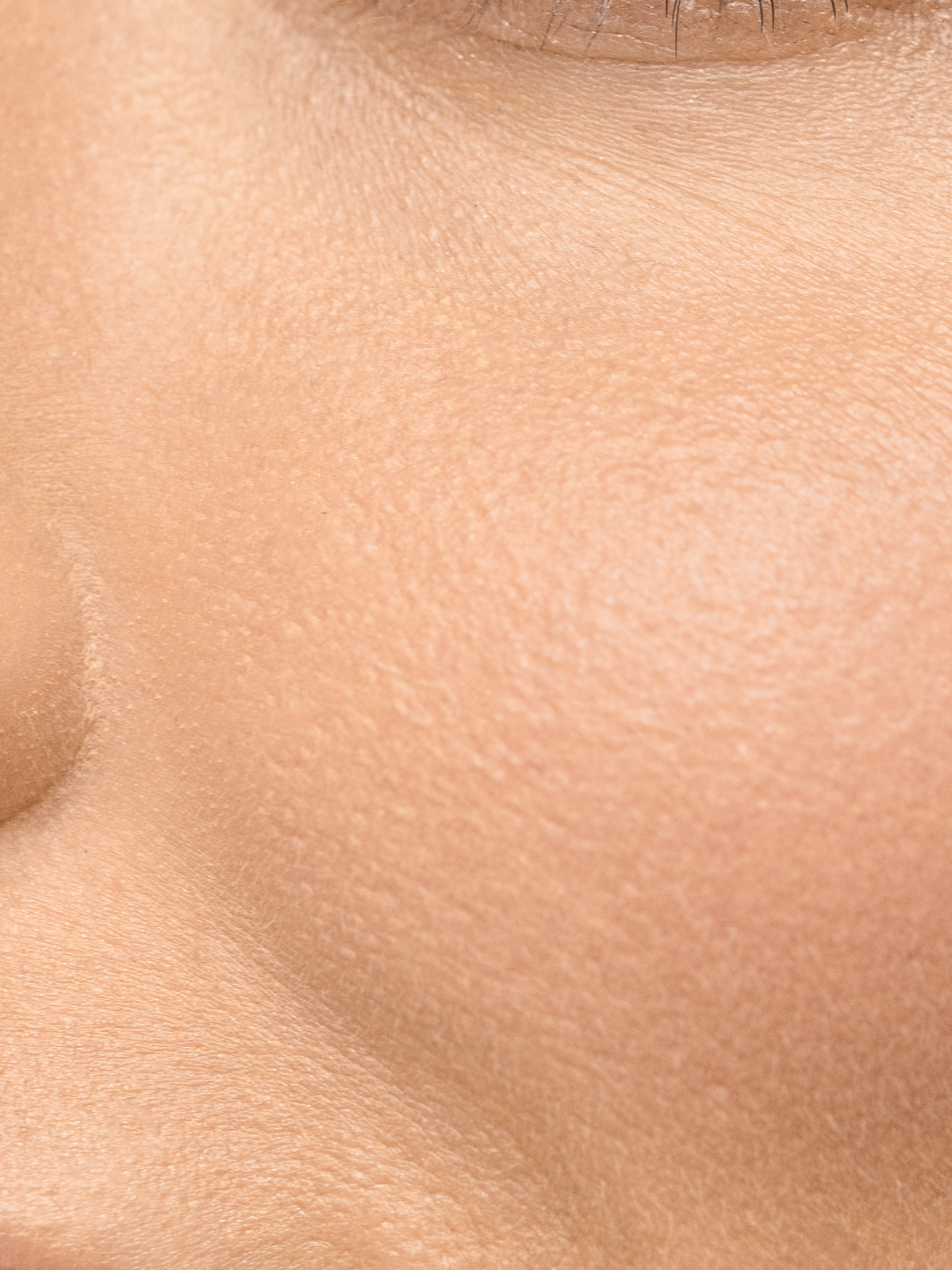
External influencing factors:
While internal causes play a role, external influences can also put additional strain on skin health. It is important to recognize these factors and take targeted measures
Good nutritional habits: A balanced diet with vitamins, minerals and healthy fats supports skin health, promotes cell renewal and maintains the natural balance.
No excessive environmental influences: Normal skin protects itself well against air pollution, extreme temperatures and UV radiation. However, sun protection is still important to prevent damage.
Proper skin care: A gentle skincare routine with mild cleansers, moisturizers and sunscreen preserves the skin's natural balance and protects against environmental damage.
Sufficient sleep and stress management: Sleep promotes skin regeneration and reduces stress hormones such as cortisol, which can cause skin problems. A healthy lifestyle maintains the skin's balance.
Proper skin care: A gentle skincare routine preserves the natural condition of normal skin. Products that are too aggressive can damage the skin barrier and cause problems.
Internal influencing factors:
The hormone balance affects skin health. In phases such as puberty or pregnancy sebum production can change. A stable hormone level ensures balanced moisture and oil production. Too high testosterone levels can cause oily skin, while low levels can lead to dry skin.
genetics: Skin type is determined by heredity. People with normal skin often have a balanced sebum production and a strong skin barrier. If your parents had normal skin, there is a high probability that you will have normal skin too.
Healthy sebum production: Normal skin produces a balanced amount of sebum that moisturizes without appearing greasy. This production remains constant and protects against dryness and impurities.
Old: In youth, skin is often at its most balanced because the skin barrier is well developed. With age, normal skin can become drier, especially due to hormonal changes and lifestyle.
External influencing factors:
While internal causes play a role, external influences can also put additional strain on skin health. It is important to recognize these factors and take targeted measures
Good nutritional habits: A balanced diet with vitamins, minerals and healthy fats supports skin health, promotes cell renewal and maintains the natural balance.
No excessive environmental influences: Normal skin protects itself well against air pollution, extreme temperatures and UV radiation. However, sun protection is still important to prevent damage.
Proper skin care: A gentle skincare routine with mild cleansers, moisturizers and sunscreen preserves the skin's natural balance and protects against environmental damage.
Sufficient sleep and stress management: Sleep promotes skin regeneration and reduces stress hormones such as cortisol, which can cause skin problems. A healthy lifestyle maintains the skin's balance.
Proper skin care: A gentle skincare routine preserves the natural condition of normal skin. Products that are too aggressive can damage the skin barrier and cause problems.


Recognize common features
The different types of normal skin
Normal skin can manifest itself in different forms.
- Balanced moisture
- even skin tone
- Fine pores
- Hardly any irritation or inflammation
Normal skin has a good moisture balance. It feels neither dry nor oily, but rather pleasantly hydrated and supple.
The skin tone is even and inconspicuous. There are no noticeable redness, spots or pigment changes.
In normal skin, the pores are relatively small and barely visible. They do not tend to enlarge or become clogged.
Normal skin is generally less prone to redness, itching or other reactions that could indicate sensitive or irritated skin.
Frequency of Normal Skin in Different Phases of Life
It is estimated that about 40-50% of people have normal skin. The remaining 50-60% tend to suffer from oily, dry or sensitive skin.
Normal skin type can change throughout life, especially due to factors such as hormones, environmental conditions and skin care products.
Skin type changes over the course of life:
Children and young adults often have normal skin because their sebum production and moisture balance are well regulated.
As we age, hormonal changes, environmental factors and lifestyle habits can cause skin type to change. For example, normal skin can become drier or less elastic due to the natural aging process

